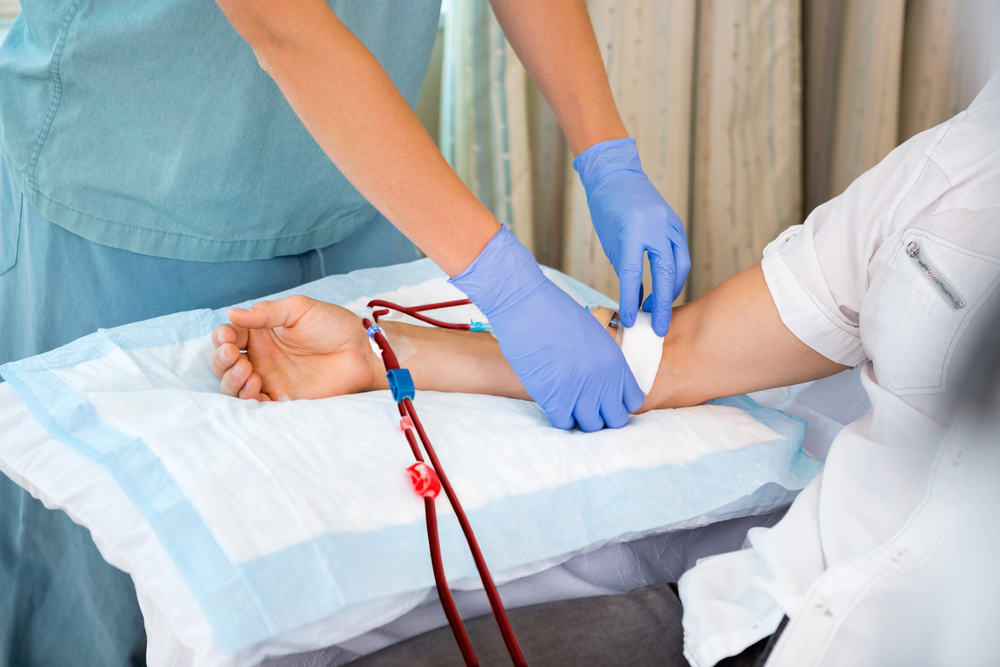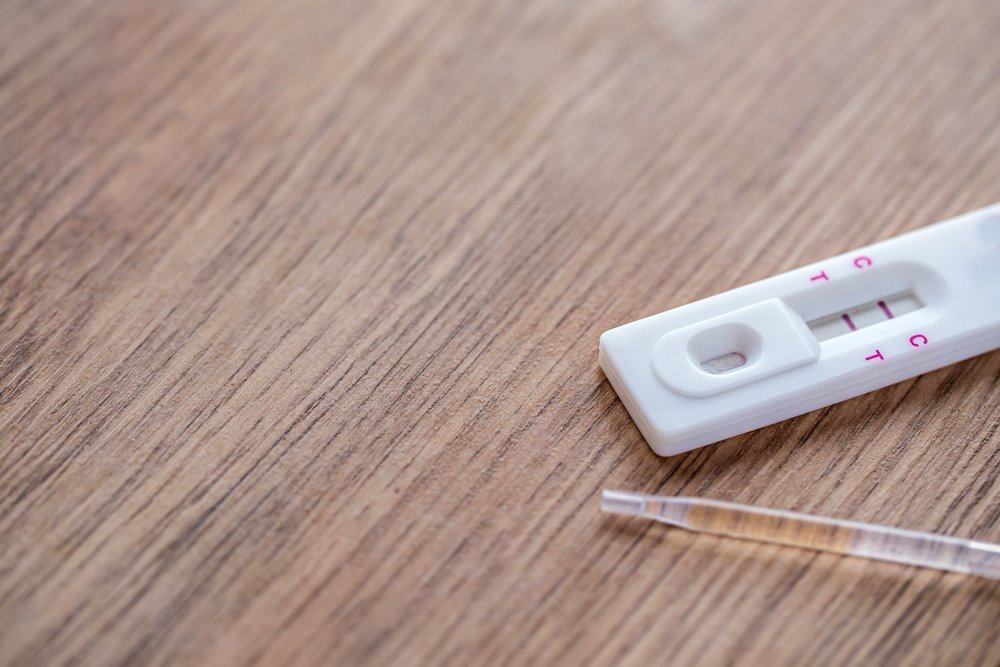Contents:
- Medical Video: How Do You Get Hepatitis B?
- What is hepatitis B?
- Can I get hepatitis B through dialysis treatment?
- Can I get hepatitis B from a blood transfusion?
- How do you know if you have hepatitis B?
- Is there a treatment for hepatitis B?
- How to prevent hepatitis B?
- Is vaccination safe?
Medical Video: How Do You Get Hepatitis B?
As a hemodialysis patient, you want to learn everything you can about care and what you can do to maintain your health. One of the important things you should know about involving infectious diseases. This is a disease that occurs when harmful germs enter your body and make you fall ill. Kidney failure interferes with your body's natural immunity, making it easier for you to get certain types of diseases such as hepatitis or AIDS through your dialysis treatment. This guide will provide general information about several important infectious diseases, including hepatitis B and C and HIV / AIDS, and tell you what you can do to prevent them.
What is hepatitis B?
Hepatitis B is a viral infection that causes liver disease. As many as 10 percent of these diseases develop into chronic liver disease and possibly liver cancer. Hepatitis B spreads through contact with blood from an infected person.
Your risk of getting hepatitis B may increase if:
- Having sex with an infected person
- Injecting illegal drugs
- Stay with infected people and use items together such as razors and toothbrushes with hepatitis B sufferers
- Exposed to sharp objects that have been contaminated with infected blood, such as needles used for tattoos, piercings and acupuncture (these needles must be carefully cleaned and disinfected before use, or disposable needles should be used)
- Suffering from hemophilia
- Your parents are born in Southeast Asia, Africa, the Amazon Basin in South America, the Pacific Islands or the Middle East
- In addition, babies can get hepatitis B from mothers infected during childbirth.
Can I get hepatitis B through dialysis treatment?
In the early years of dialysis, there was a danger of getting hepatitis B through exposure to blood from an infected person on the dialysis unit. However, at this time the risk of getting hepatitis B through your treatment is very small because of two important developments. One of these advances is the use of strict infection control measures on dialysis units. The second increase is the availability of vaccination for hepatitis B.
Can I get hepatitis B from a blood transfusion?
The possibilities are very small. All donated blood is carefully filtered from hepatitis B and other blood infections, such as hepatitis C and HIV.
How do you know if you have hepatitis B?
The only way to know for sure is through a blood test. Most people who have hepatitis B have no symptoms at all.
However, some people may have flu-like symptoms including:
- Loss of appetite
- Nausea or vomiting
- Fever
- Extreme fatigue
- Abdominal or joint pain
- In addition, your skin or eyes will turn yellow.
Some people may be carriers of hepatitis B, which means they have no symptoms but can still infect other people with this disease. This carrier condition can last for years or even for life. Some carriers can eventually hurt the liver, suffer liver failure or liver cancer.
Is there a treatment for hepatitis B?
Yes. Two drugs that have been approved for the treatment of chronic hepatitis B are interferon alfa-2b and lamivudine. This drug should not be given simultaneously. Overall, about 35 percent of patients treated with interferon injections for four to six months will have a long-term response. The response to oral lamivudine, given at least one year, may be somewhat lower. Lamivudine is very well tolerated, but viral resistance to treatment may occur. Interferon therapy often results in loss of appetite, depression, and thinning of hair.
How to prevent hepatitis B?
One of the best ways to prevent hepatitis B is through vaccination. Hepatitis B vaccination is recommended for all children (including young adults and adolescents) and hemodialysis patients and staff. This vaccine works by causing your body to make special proteins called antibodies that protect you against hepatitis B. Your response to the vaccine depends on age, other medical conditions that you may have and the general state of your health, but most people will make enough antibodies to protect them against this disease. If you are vaccinated, your dialysis treatment team will check your blood regularly to make sure there are enough antibodies. If you have not been vaccinated, ask your dialysis staff about vaccination.
You can also help prevent hepatitis B by following safe sex guidelines and by avoiding high-risk behaviors such as injecting drugs.
Some safe sex guidelines are:
- Use latex condoms to prevent the exchange of body fluids.
- Having only one sexual partner.
Is vaccination safe?
Yes. Vaccines made from bread yeast and contain non-infectious particles called antigens. You cannot get hepatitis from vaccination. This vaccine has undergone extensive clinical testing and has been used in millions of people throughout the world with few side effects. However, people with acute illness or allergies to yeast do not have to be vaccinated.












